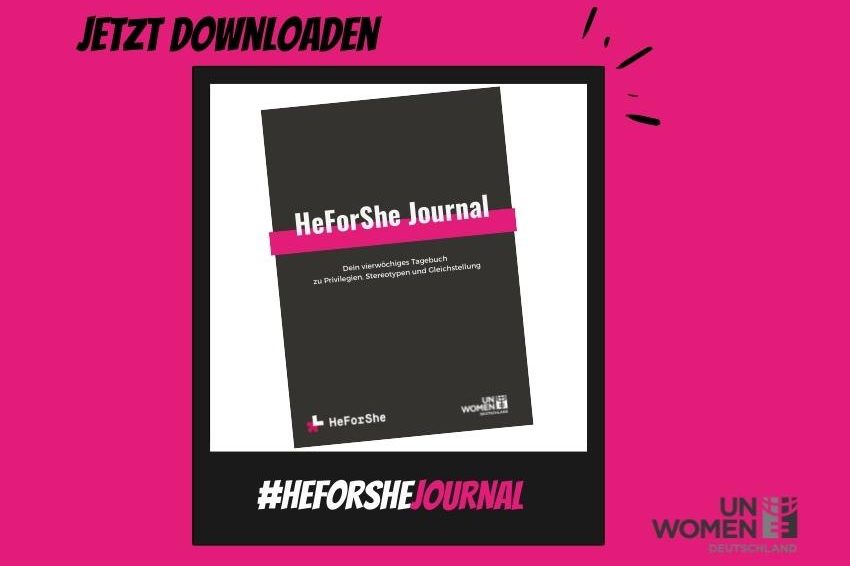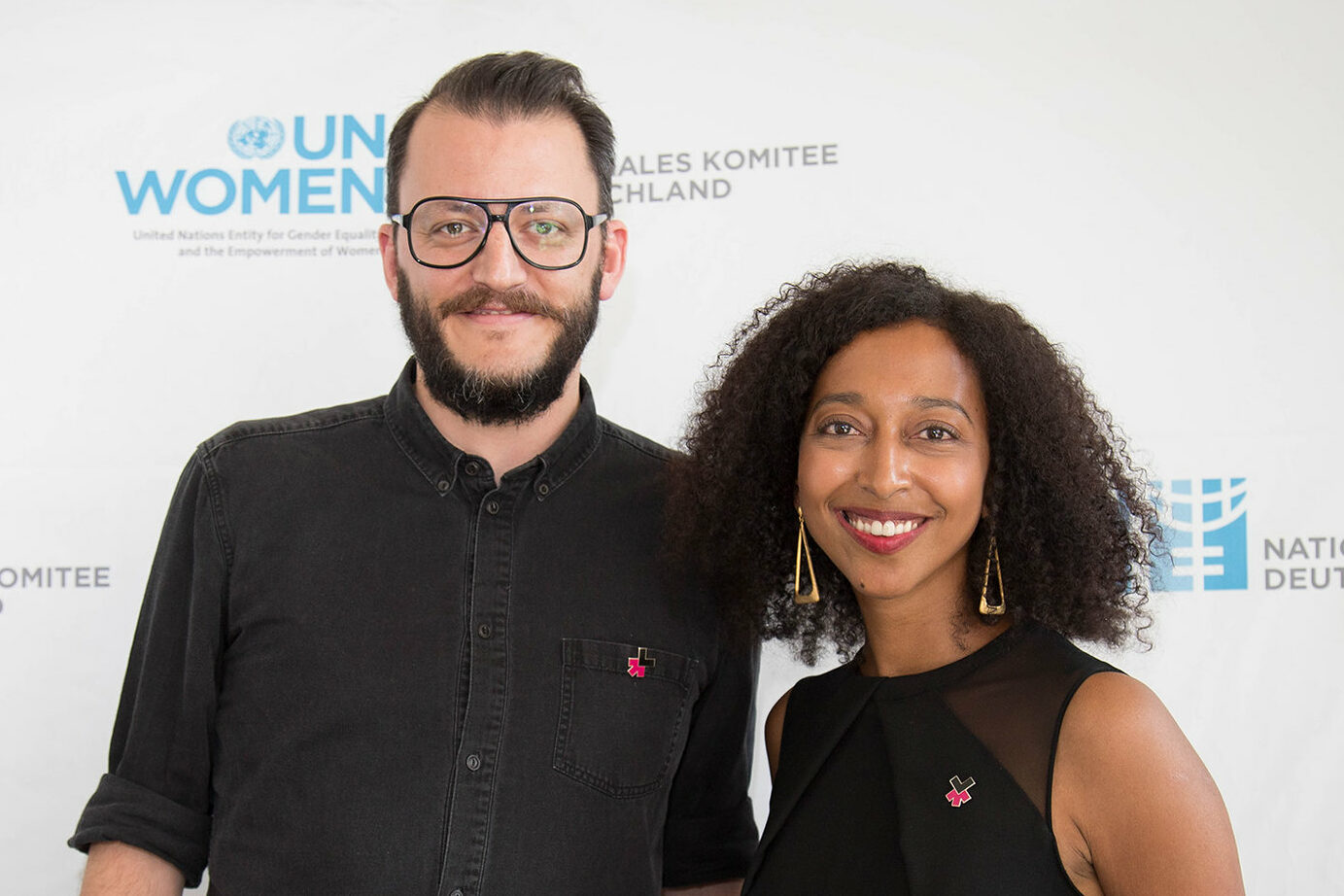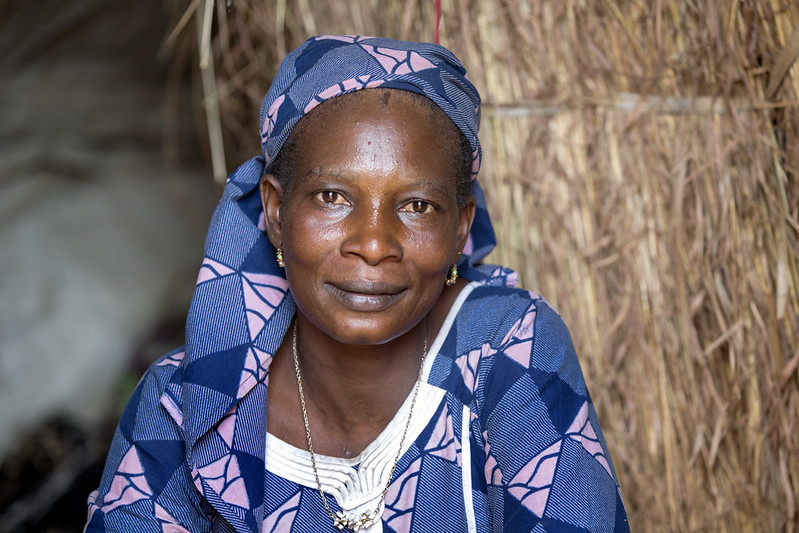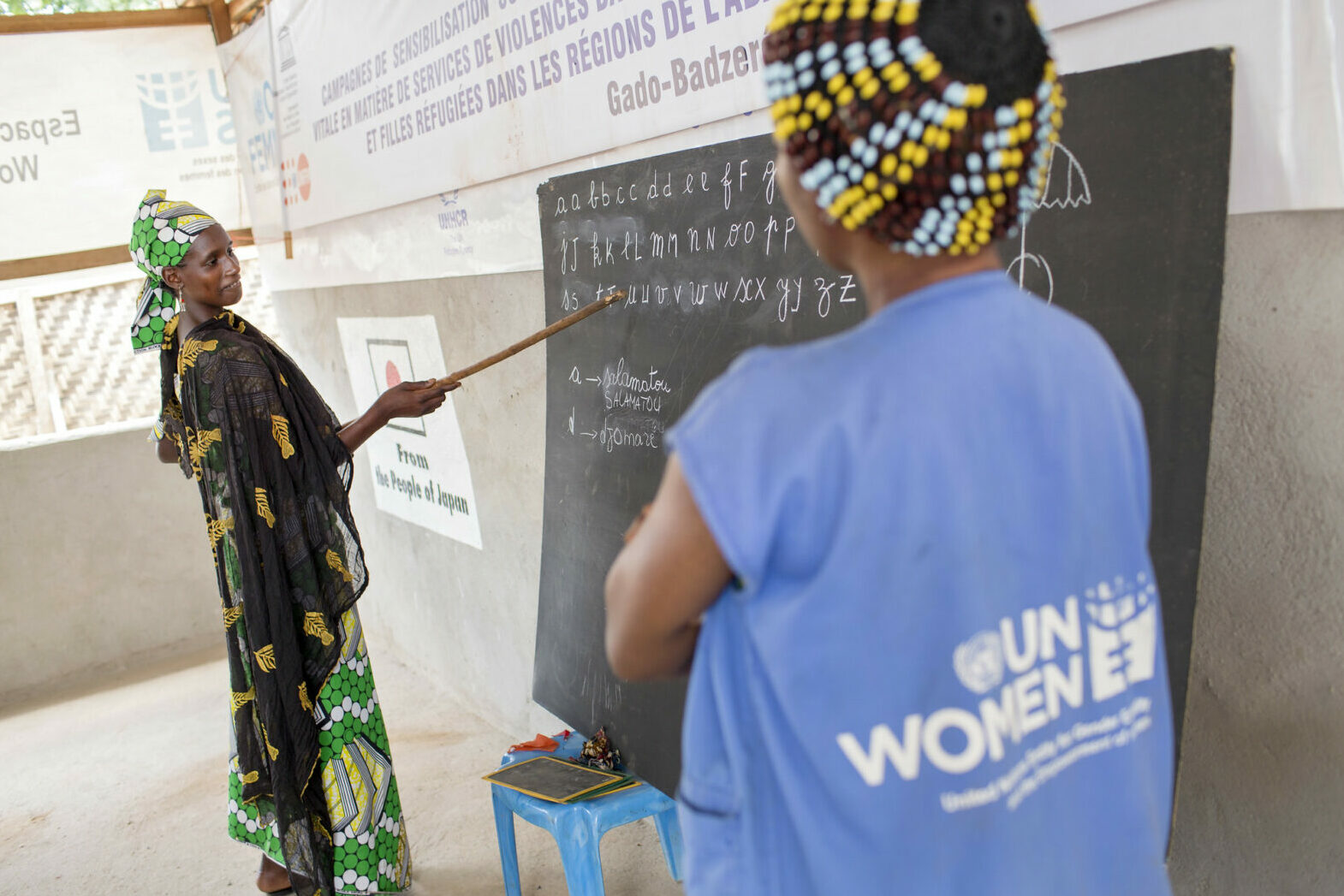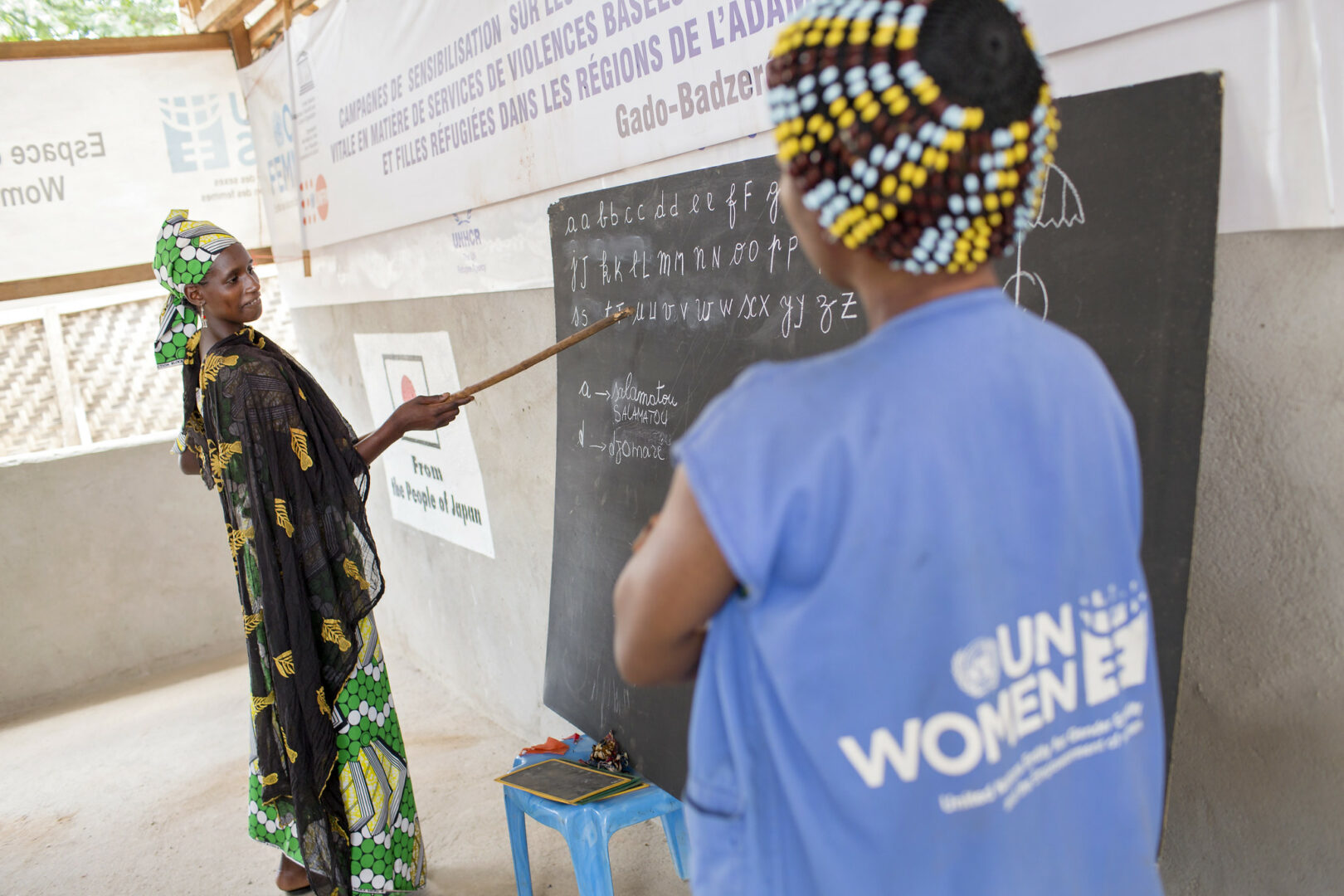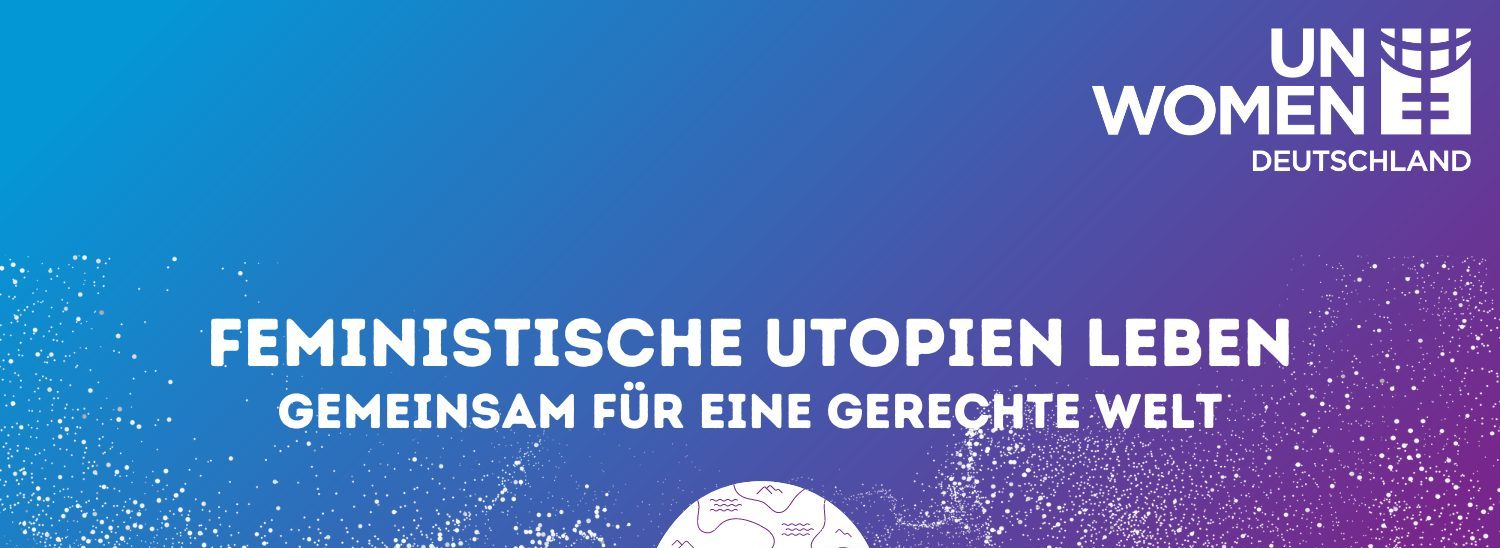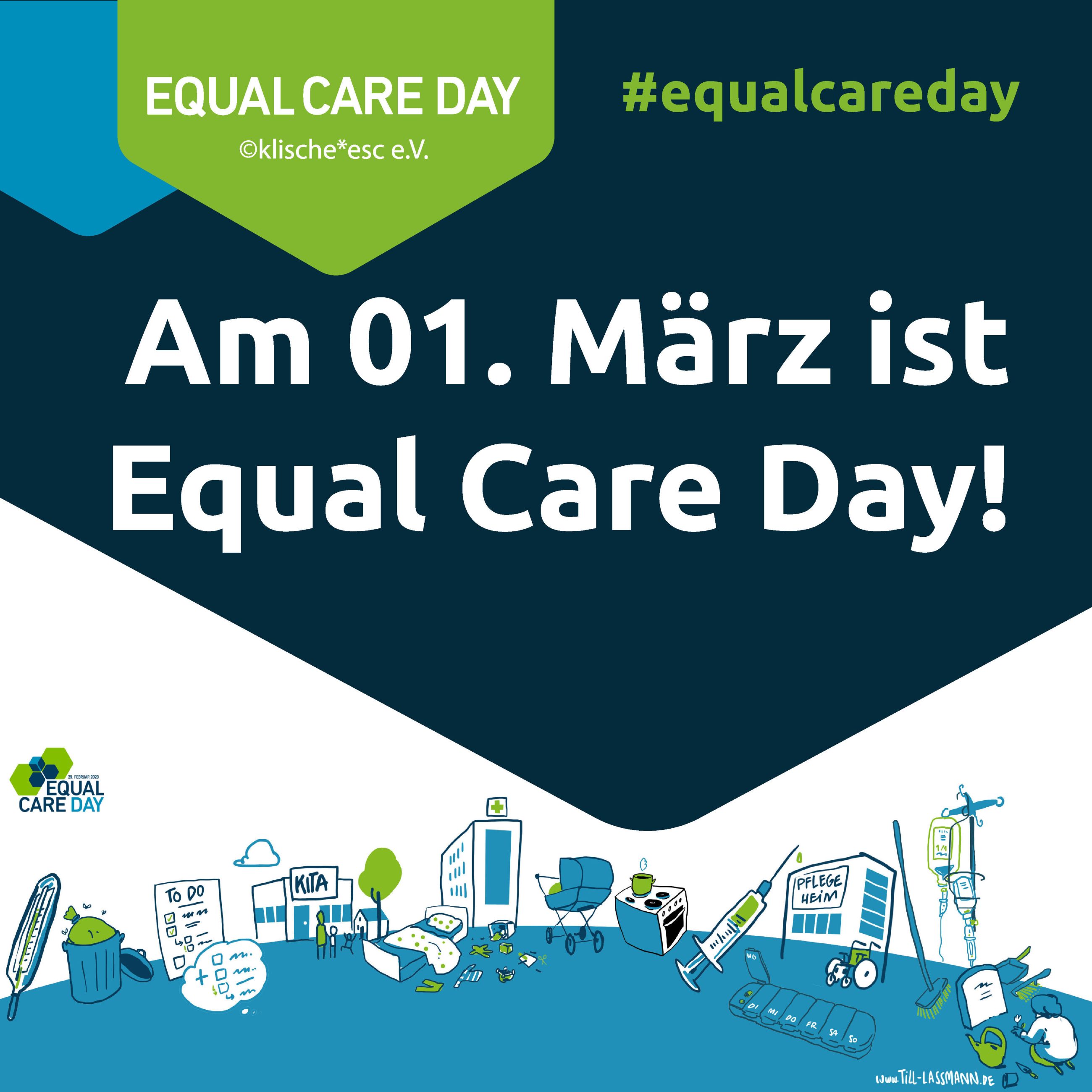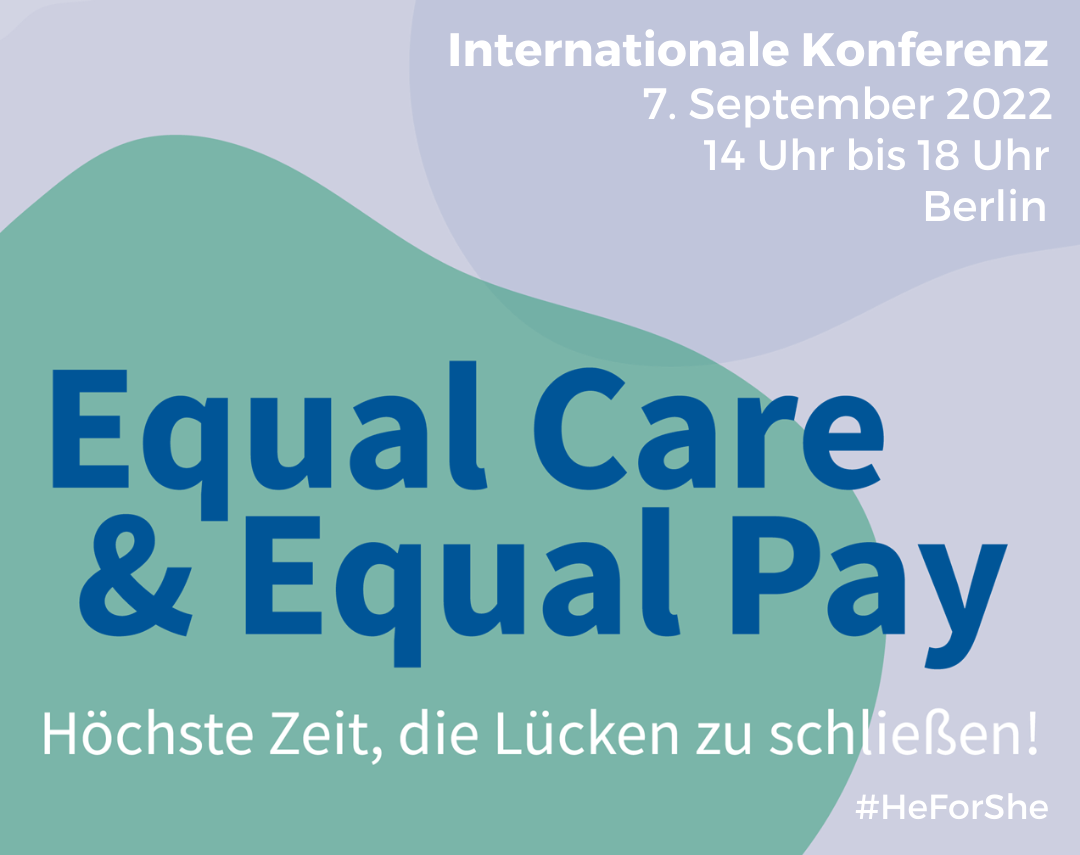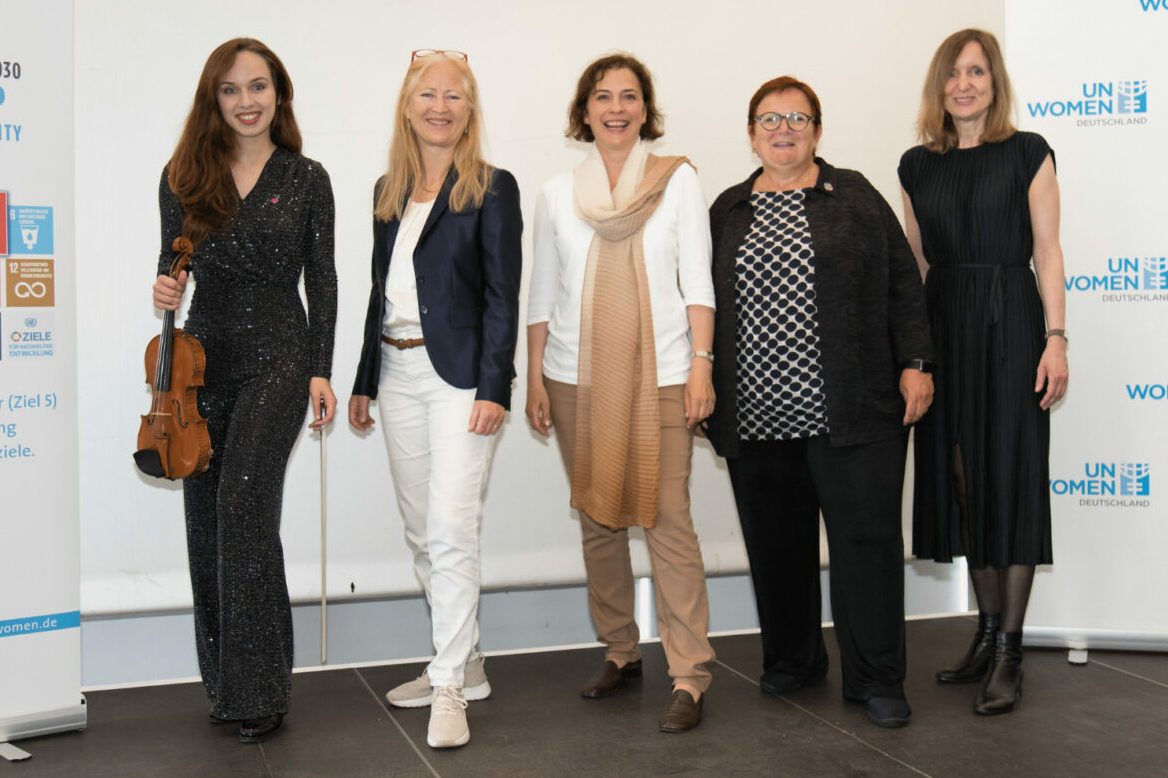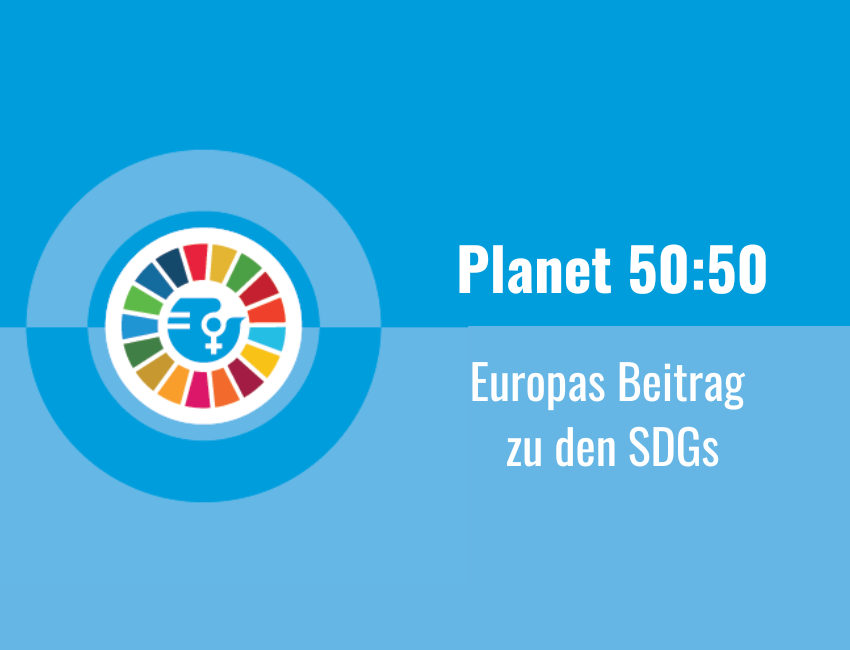Recap: The International Conference „A Feminist Agenda for the Future“ discussed key progresses toward gender equality.

International Conference: A Feminist Agenda for the Future
UN Women National Committee Germany, the Embassy of Mexico, and the United Nations Association of Germany hosted the international conference “A Feminist Agenda for the Future” on September 30, 2024, at the premises of the Embassy. The conference presented the latest analysis on progress made towards gender equality, gaps, and ways forward to 100 participants.

Minister María del Pilar Escobar (Deputy Head of Mission, Mexican Embassy) explained that Mexico in 2020 was the first country to adopt a feminist foreign policy in Latin America. The empowerment of women and girls is a fundamental precondition for achieving the 17 Sustainable Development Goals (SDGs).

Lisa Paus (Federal Minister for Family Affairs, Senior Citizens, Women and Youth) said in her video message that we need joint strategies to prevent a further backlash and achieve real equality. She emphazised that the German Government together with civil society and all partners and connections stands together for a feminist agenda for the future.

Renate Bähr (Board Member and Treasurer UN Women National Committee Germany) pointed out that the world is facing many crises, ranging from geopolitical conflicts to soaring poverty levels, and the escalating impacts of climate change. At the same time, we are seeing growing anti-feminism and misogyny worldwide. The hard-won progress towards gender equality is at risk or has even been reversed. We need to keep pushing for the connection and implementation of crucial agendas like the ones discussed today.

Peter Wittschorek (Secretary-General, United Nations Association of Germany) explained that in its preamble, the Pact for the Future includes the strong foundational statement „None of our goals can be achieved without the full, safe, equal and meaningful participation and representation of all women in political and economic life“. As we embark on discussions surrounding the feminist dimensions of key UN processes, we are reminded that our collective responsibility is not only to envision a better world, but to actively work towards it. Gender equality is a fundamental human right, and it is essential for sustainable development, peace, and prosperity for all.

Kirsi Madi (Assistant Secretary General, Deputy Executive Director UN Women) reminded us that we only have 6 years left to achieve the SDGs and are off track re. gender equality despite its centrality to achieving the other goals: The overall progress of humanity depends on our achievement of gender equality. It requires the inclusion of all women and girls in all spheres of society and public life. We simply cannot wait any longer.

Beijing Declaration and Platform for Action
First, we looked at the Beijing Declaration and Platform for Action (more in German) and its 30th anniversary next year. As UN Women Executive Director Sima Bahous said at the recent Summit of the Future: “The Beijing Declaration and Platform for Action remains the most visionary roadmap for advancing gender equality, empowerment, and the rights of all women and girls, everywhere.“
Sarah Hendriks (Director of Policy, Programme and Intergovernmental Division, UN Women) underlined that the world is woefully off track when it comes to equal rights and opportunities for women and girls. She therefore presented UN Women’s threefold Beijing+30 strategy: Area 1 is working together with member states and stakeholders. Area 2 puts the focus on civil society in general and especially youth movements. Area 3 looks at the multilateral system and puts gender equality at the centre of the course of action (more in the new brochure).

Note from UN Women National Committee Germany: We will keep you updated regarding the Beijing+30 Regional Review Meeting where Germany presented its national report, as well as about the CSW (more in German) in New York in 2025, where the joint political declaration will focus on B+30.
Aslıhan Tekin (UN Women Europe and Central Asia Bejing+30 Civil Society Steering Committee member) outlined the process of the diverse committee from its establishment through the three rounds of consultation that covered various topics. She stated that the Beijing Platform for Action underscores the vital role of civil society in driving change. In Europe and Central Asia, feminists are the heartbeat of the region, they call for action, participation, collective work and intersectionality – they want the system to change.

Pact for the Future
We then focused on a parallel yet interlinked UN-process, led by Germany and Namibia. Right before the conference, the Summit of the Future took place in New York: The culmination of a multi-year process to adopt a Pact for the Future (that includes a Global Digital Compact and a Declaration on Future Generations) which aims to regain trust in the UN and recommit to multilateralism. Chancellor Scholz praised the Summit and Pact as a reaffirmation of the UN charta and a counterpart to the aggressive narrative of division in today’s world. However, how feminist is the Pact for the Future?
Annette Ludwig (Human Rights and Political Department, Permanent Mission of Germany to the United Nations) shared that it was a difficult process, but that multilateral cooperation is alive. It took 18 months and 5 rounds of revisions for the Pact to be finalized. She stated that achieving gender equality is non-negotiable. Even though it is a compromise document, it includes key aspects like the unpaid care economy, sexual and reproductive health, and highlights inclusivity. While at times vague, the goal was not to provide specific outlines – governments must decide on concrete details and implementation. We now need to build on the pact with a feminist perspective.

Selma Cafferty (Summit of the Future Youth Observer, United Nations Association of Germany – more in this German reel) emphasized that what the pact provides for eliminating persistent gender gaps is a start, but not nearly enough to make a real difference. She highlighted positive aspects, e.g. that girls‘ rights and youth participation are specifically addressed and the multiple burdens of women experiencing different forms of discrimination are recognized, and negative ones, e.g. that education and sexual and reproductive rights are mentioned but not nearly enough addressed. Now it is time to turn words into action, through concrete transformative action, investment, and accountability mechanisms.

2030 Agenda
The latest update where the world stands in terms of achieving the 17 SDGs (more in German) is UN Women’s Gender Snapshot, which was just published. It highlights gender equality trends and points to six investment priorities that could be game changers.
Papa Alioune Seck (Chief of Research and Data Section, UN Women) presented the report which shows that gender inequality affects economic growth, and every other aspect of sustainable development. Progress is painfully slow, and there is a very high cost of not realizing women’s rights. However, with the right policies and investments, achieving equality is within reach. The political resolve to act and invest is urgent. As of yet, the indicators of goal 5 can either not be tracked or are far behind. 2 out of 3 countries say they support gender data, while only 1 of 3 provide funding for it. We need more legal reforms and more political representation of women, and we must end violence against women and girls. You can find his presentation here.

Feminist Foreign Policy
One of the measures governments can take to bring forward gender equality is implementing specific policies. Germany launched its Feminist Foreign Policy (FFP) and Feminist Development Policy in 2023 (more in German). Mexico already launched their FFP in 2020 in the context of speeding up the implementation of the 2030 Agenda. It was the third country after Sweden and Norway and the first in the Global South. Recently, the third ministerial FFP conference took place in Mexico, organised together with UN Women.
Ximena Mariscal (Coordinator of feminist foreign policy, ministry of foreign affairs of Mexico) explained that FFP has emerged as a tool to accelerate and advance human rights of women, and girls and promote gender equality. Countries like Mexico, incorporate a feminist approach into their foreign policy frameworks and actively encourage the participation of women in national and international decision-making processes, strengthening multilateralism.

International exchange on ways forward
Dr. Nadine Gasman (President National Women’s Institute of Mexico) built on the belief that addressing care as a right, as labor, and as a common good is a catalyst for gender equality. The current social organisation of care work leads to an unjust allocation of time that undermines the civil, political, economic, social and cultural rights of women and girls and their right to self-determination. We are failing to meet their needs while missing out on their contributions to society. We need care societies that consider ILO’s 5-R framework to change the gendered division of labour. Dr. Gasman extended the invitation to join the Global Alliance for Care.

Carole Ageng’o (Global Initiatives Lead & Africa Regional Representative of HelpAge International; Co-Chair, UN Civil Society Conference in Support of the Summit of the Future) talked about how gender discrimination and ageism affect development. We need age and sex disaggregated data. Women and girls embody multiple intersecting identities that all demand tailored and nuanced approaches. Older women are too often pushed to society’s periphery while gendered ageism prevents them from actively engaging in the development agenda of their countries. Women’s rights organisations need to be included in national and international decision-making processes. We need to include all affected parties, engage with people who think differently – radical collaboration for meaningful change.

Abigail Erikson (Chief of the UN Trust Fund to End Violence against Women, which was created as a direct result of the Beijing Declaration and Platform for Action) talked about the worst form of discrimination: violence against women and girls, a global issue needing comprehensive action. We know that countries with the strongest women’s and feminist movements tend to have more comprehensive policies on violence against women and girls than those with weaker or non-existing movements. We need healthy and robust social movements on national, regional and global level to work more tactically and strategically so that we can come together for collective power.
Note by UN Women National Committee Germany: We spotted a participant wearing the charity bracelet that supports the work of the Trust Fund.

Xenia Kellner (Co-Founder, Young Feminist Europe) spoke about the crucial need to have sufficient, solid funding for (intersectional) feminist movements who are unapologetically challenging oppressive powers – if states and governments really want to make progress on gender equality. Collaboration in multi-stakeholder forums, such as the Generation Equality Forum Action Coalition on feminist leadership and movements, are helpful in making progress. For collaborative feminist movement building it is important to rebuild broken trust, to bridge the gap of understanding how the Global North and Global South define feminism, and to learn from another.
Sandra Mendoza (Coordinator of Foreign Affairs, National Women’s Institute of Mexico) talked about Mexico being a co-chair of Generation Equality (more in German). She also pointed to the need to count on gender statistics providing data on what unpaid care work- which is essential for sustaining life- means for women’s use of time. For a long time this went unmeasured, it was assumed that women provide it „naturally“ and without remuneration. It is important to demonstrate how much value it adds to the economy.
Contributions from the audience covered issues such as gender responsive budgeting and impact assessment; the fact that Germany speaks of feminist foreign policy and development policy, but funding for both responsible ministries is being cut; feminist leadership and decision making, as well as the need to join forces, create synergies, interchange ideas, and listen to various voices.
Minister Escobar and Dagmar Schumacher (Board Member UN Women National Committee Germany) closed the event, thanking all participants for their efforts. The main message was – again – that we are running against time and everybody is needed to make significant progress. Dagmar Schumacher highlighted that we are at a significant turning point, which is not only indicated by the Summit for the Future. Next year will be marked by numerous important anniversaries, including 30 years of the Beijing Declaration and Platform for Action and the 15th anniversary of UN Women. We will use these milestones to drive gender equality forward and increase the pressure – for a world in which everyone has the same chances and opportunities.

